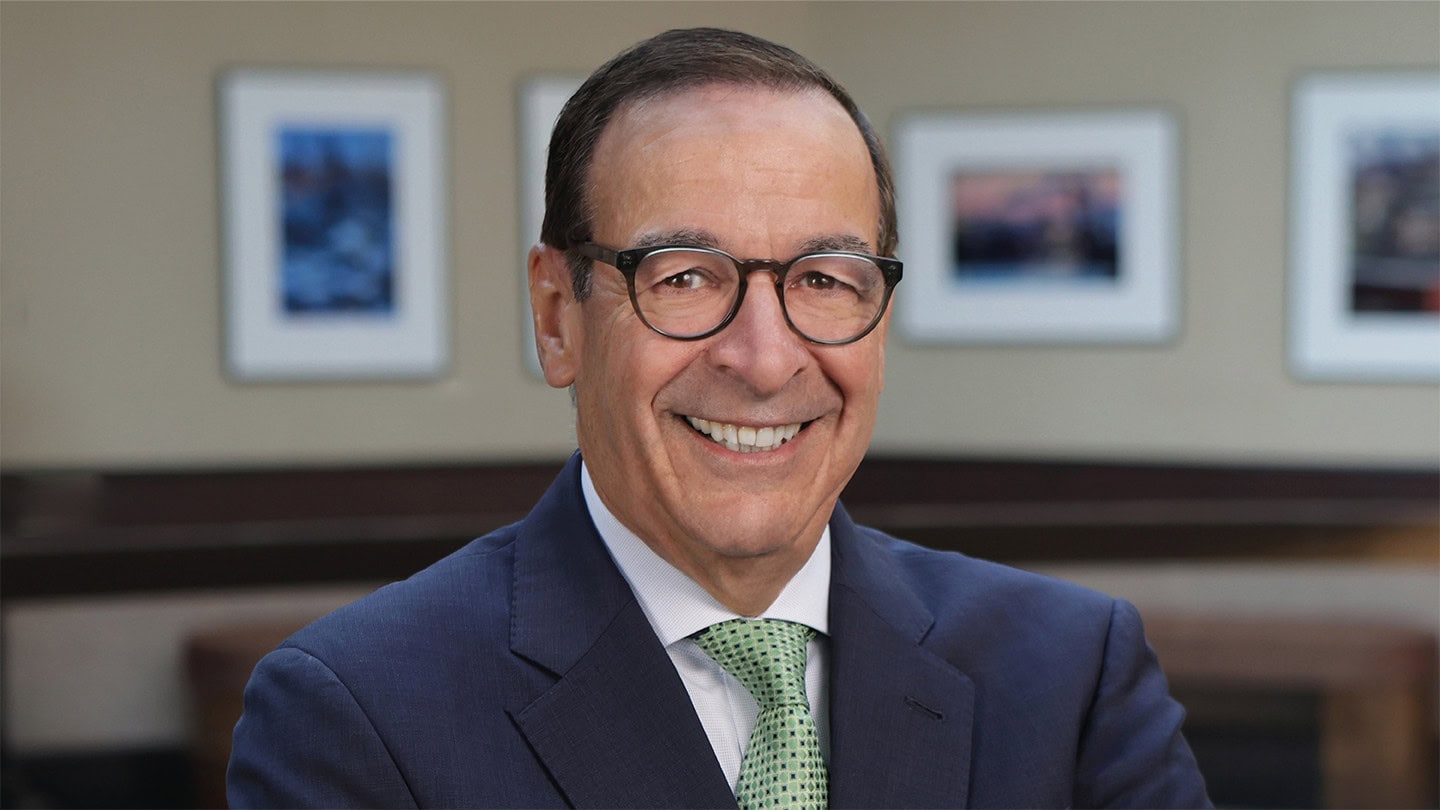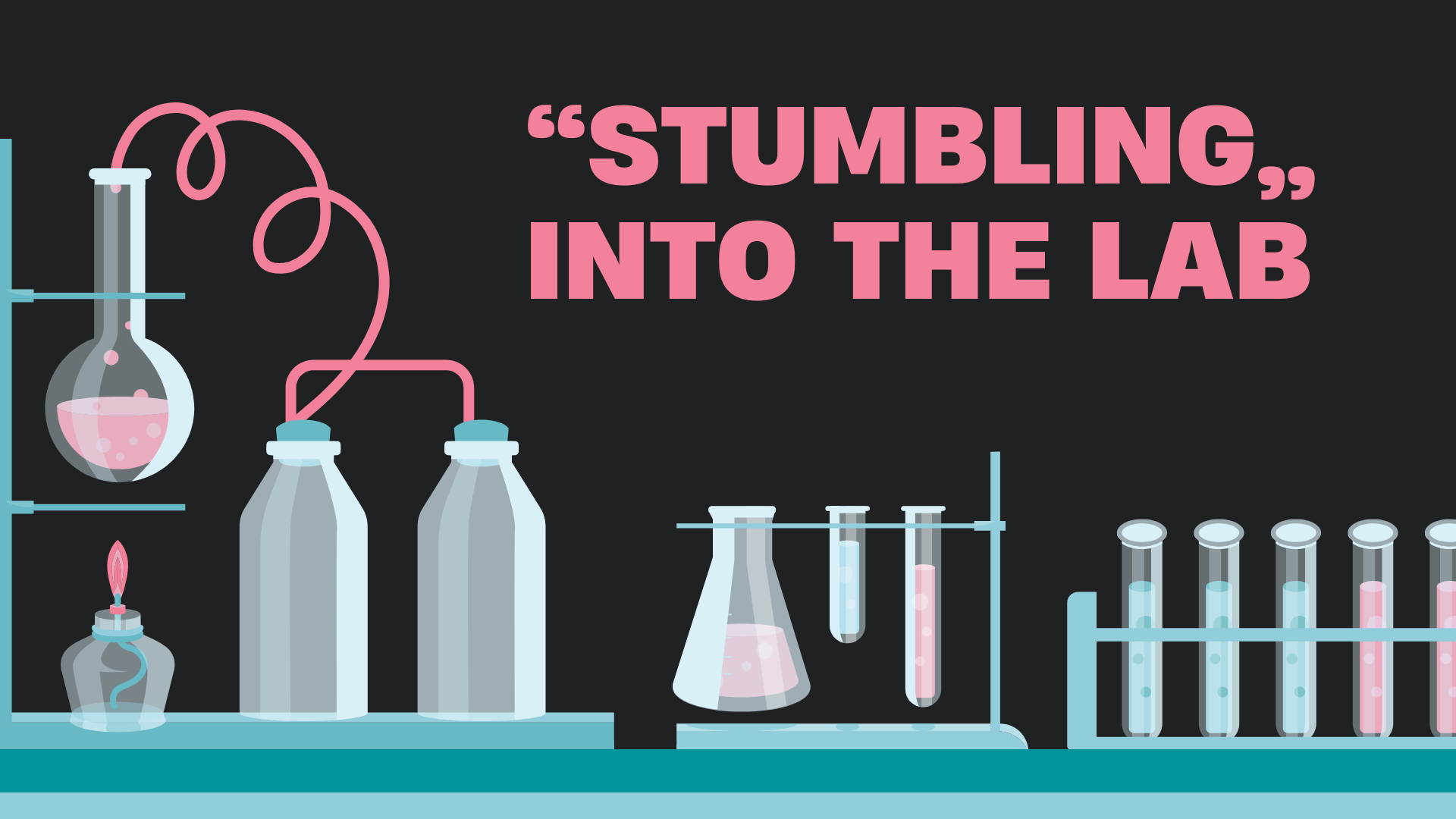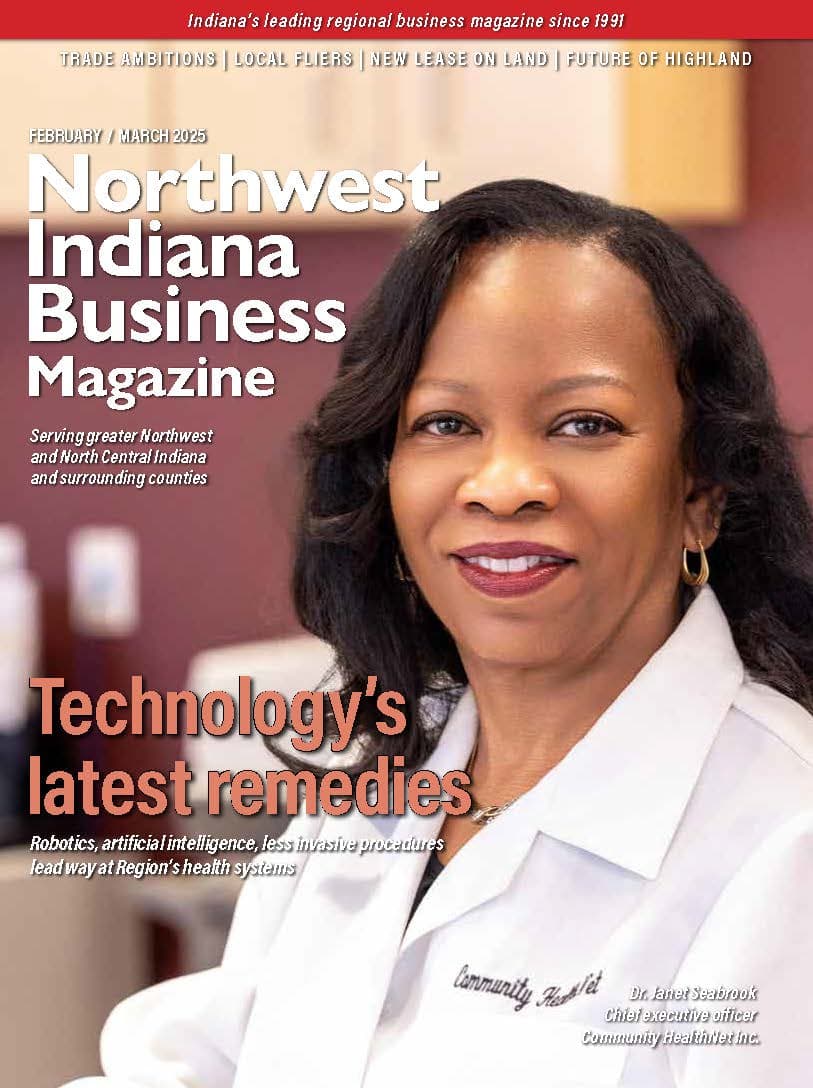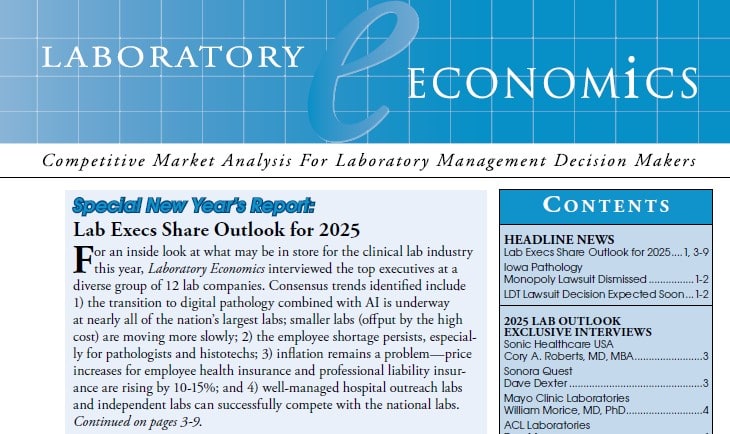“Stumbling” into the lab: The many paths to a career
Emily Berlin, Vice President, Lab Products, Cardinal Health, recently sat down with Sam Terese, CEO & President of Alverno Laboratories for a conversation spanning topics from their own lab origins, to attracting lovers of science to the industry, and looking at the future of lab.
On getting their start in lab and the evolution of their careers:
Terese: [My start] in the laboratory is kind of a “stumbling” event. I was a biology major and looking for a career. I had someone say, “there’s a career called medical technology and since you like the laboratory it might be a great choice for you.”
My first job while I was in school was as a phlebotomist. Prior, I didn’t even know there was such a thing as phlebotomy. But fortunately for me, my mentor said, “don’t worry, I will teach you.” From there I went into the diagnostic lab space, and I was very fortunate early on to get my first position as a supervisor. I found a passion in managing and creating laboratories, so I followed that passion and that’s taken me all the way to my current role as CEO and president of Alverno Laboratories.
Berlin: I was smiling as you said you stumbled upon the laboratory, because when I think about my career journey, I too feel like I’ve stumbled upon the laboratory. I originally pursued a chemical engineering major because I liked science. My uncle, who worked at a local hospital, asked, “have you ever considered a career in healthcare?” We toured the hospital, and when we walked past the clinical lab, I stopped and looked in. [The lab director] showed me around the lab, and that August when I went back to school, I changed my major.
I went from the clinical side when I started at Beaumont Hospital into clinical research, then moved through roles in product management, business development, marketing leadership eventually spending a couple years in med devices, and that journey really solidified to me that diagnostics was my passion. For the last 12 years I’ve been with Cardinal Health in various capacities and now lead the lab business.
Terese: That’s just an incredible journey and it truly highlights the opportunities around being involved in laboratory medicine. The industry makes such an exciting career path.
Berlin: As you think about the opportunities that exist for the clinical lab from a technology perspective, what are your thoughts on how we attract more young people to the profession?
Terese: While I don’t think the solutions are easy, we need to start by getting people excited about lab. Our team works with junior high schools to present the laboratory as a potential career path. At these presentations we aren’t bringing in microscopes and the old tools that we used to use, instead we’re bringing in virtual reality goggles that allow them to experience the laboratory in ways they’re used to engaging with.
We’ve also done a lot with our own workforce in trying to expand our recruiting pool to non-traditional applicants through innovative career training programs. Positioning these opportunities in a manner that demonstrates to applicants why they should want to begin a career in the laboratory, and more importantly, why they will want to continue their career in this industry, is crucial.
Berlin: Do you see technology advancements like digital pathology, digital imaging, and AI attracting a new generation of students to the industry?
Terese: I do. If you think back to both of our histories, it was science that attracted us to the laboratory. I think that same kind of interest and passion for science or these emerging technologies will bring individuals with a different skill set to the laboratory. The innovative programs you listed in conjunction with advancements we’re seeing on the automation front are also hugely important to help from a productivity measure, but also to take out the variability that we all face in any business, including the laboratory.
Berlin: Let’s talk a little bit about your industry involvement in the various associations that that you’re involved with and why you stay so involved. Obviously, you have a very clear mission at Alverno, which is critical to patient care, but you’re also an advocate for our industry. Can you share a little bit about your involvement from an association perspective?
Terese: As leaders, we have a duty to give back to the industries that have helped shape our careers. It’s an opportunity to not only share what you know, but also to learn from one another. This extends to anybody at Alverno; it’s not just me that attends meetings and speaks out on industry topics, but a lot of our associates and our other leaders are doing the same thing. And we encourage that involvement.
Berlin: From my perspective at Cardinal Health, we too have opportunities to get involved. I participate in HIDA, the Healthcare Industry Distributors Association and they cover both laboratory and Med/Surg distribution across all classes of trade. They have a lab focus and I chair their laboratory advisory committee, a forum where we come together from both a distribution and a manufacturer community and talk about our industry, trends, best practices, and how we advocate on behalf of our customers.
Berlin: Are there any last thoughts that you would like to share in terms of laboratory testing in general?
Terese: Despite all the challenges, when you look at the laboratory and its impact is on care, it’s really quite incredible. Everybody that works in a laboratory should be very proud of what they’re doing on behalf of patients.
And in our world, we define it as a great privilege that we are able to provide care to our patients, not just testing, but care. I think it’s a great honor to work in this business and this profession, so for me, it’s been a great journey. Cardinal Health, as always, has been a great partner of Alverno for many, many years now. Thank you for having me.
Berlin: Thank you, Sam.






